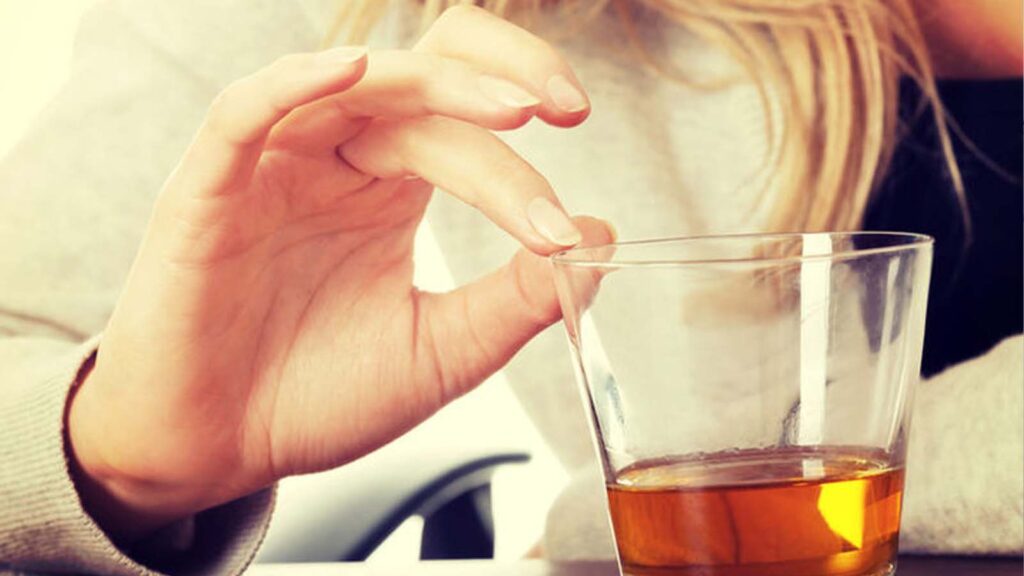We all know what stress is—whether it’s from our jobs, our families, trying to juggle too many things at once—it seems to be ever present. If we let it build up, it can be very harmful.
Too much stress affects our physical and mental health, and often spreads to those around us. When we’re stressed, we may be short or impatient with our loved ones, lashing out at them for some minor reason, and stressing them out as well. Sometimes the stress caused by financial struggles, for example, can cause panic and nonstop bickering at home, and can even turn close couples into bitter enemies. So it’s important to regularly relieve our stress.
Many people attempt to relieve stress and drown their sorrows by drinking alcohol. Ironically, however, alcohol actually increases our stress levels, reduces our ability to cope with stress, and creates even more stress.
One of my students told me: “When I started feeling more stress than I could handle, I began drinking, thinking it would reduce my stress level. But I gradually realized that my alcohol consumption was only increasing the stress in my life.”
Alcohol stimulates the production of cortisol, which is released by the body in stressful situations. In fact, studies have shown that long-term alcoholics have increased levels of cortisol in their blood and continue to produce it even when they are not drinking.
Aside from the production of stress hormones, alcohol is a sedative and a mild anesthetic that slows down the activity of the brain. While this might have the effect of making us feel temporarily “numb,” alcohol-impaired brain function diminishes our decision-making abilities, making it even more difficult to resolve our problems.
Although we use alcohol to try to forget our stress, our problems are still there the next day—compounded by the fact that we feel lousy, disappointed in ourselves, and more stressed. Even if we don’t have a noticeable hangover, our outlook on life is not optimistic and we are less motivated and capable of improving our situation.
Furthermore, alcohol consumption negatively affects our relationships, causes conflicts in society, causes or contributes to car and work-related accidents, etc. These terrible consequences then become additional sources of stress; all of which could have been avoided had we not tried to “drink our problems away” and instead sought a real solution.
Practicing yoga techniques such as simple asanas to release tension from the body, as well as yoga relaxation, yoga breathing, and Yoga Sound Meditation to calm the mind and soothe the heart are all excellent ways to effectively relieve our stress. These yoga processes help prevent stress by increasing the clarity of our thought process and enhancing our ability to make intelligent decisions and solve problems. If you can set aside just a few minutes each day to loosen your neck and shoulders with some simple stretches, and then practice Ujjayi Pranayama or Yoga Sound Breathing, (each less than 10 minutes long), you’ll find it soothing and enlivening. This is diametrically opposed to the destructive effects caused by drinking alcohol in a futile attempt to relieve stress.



